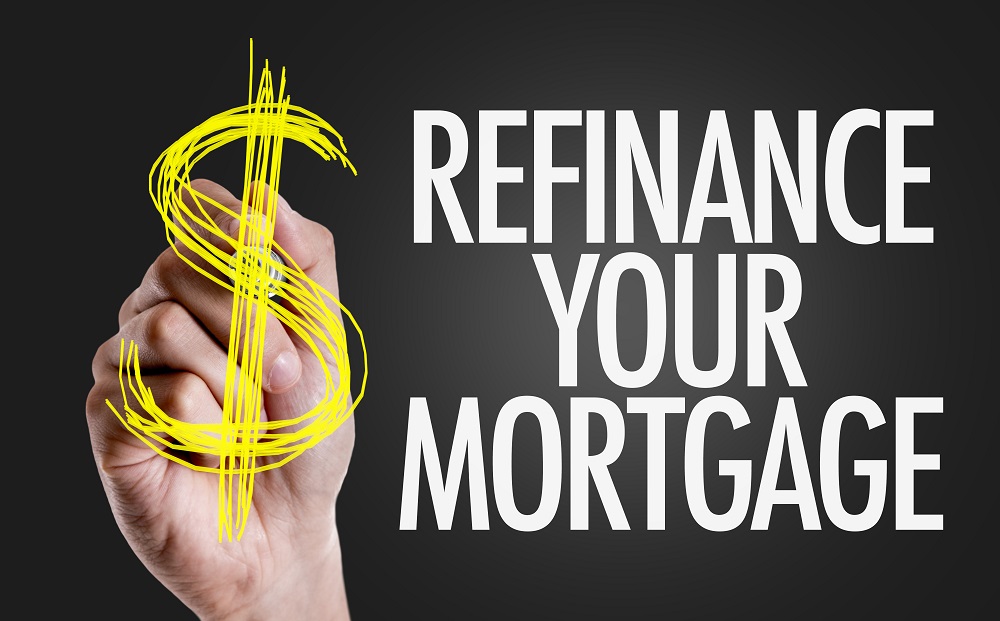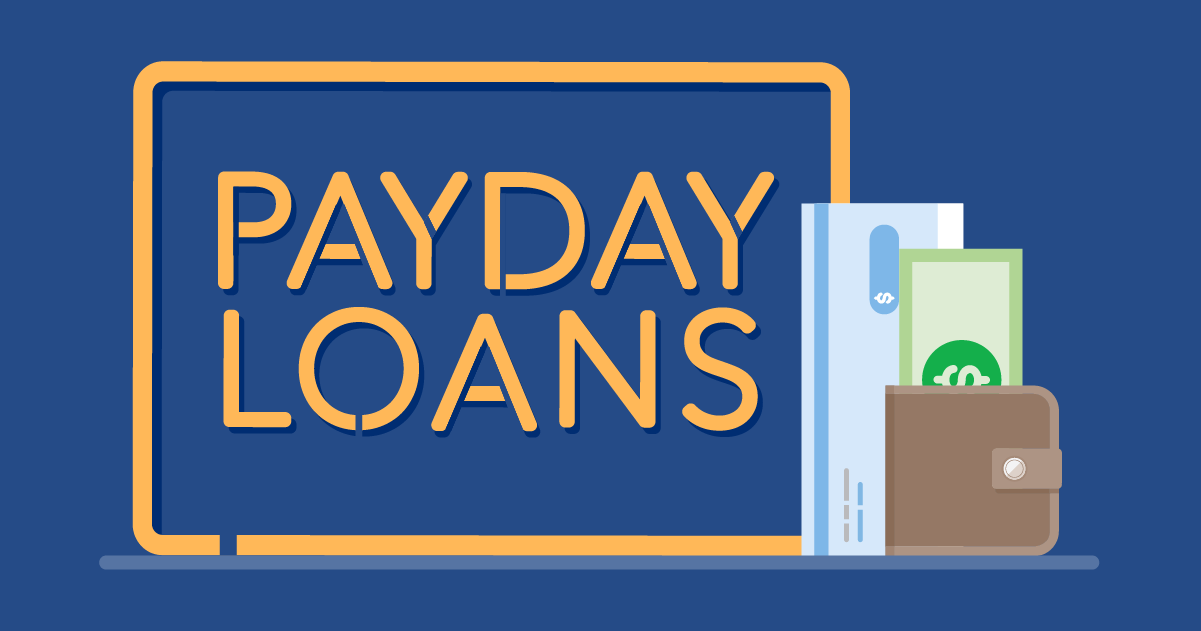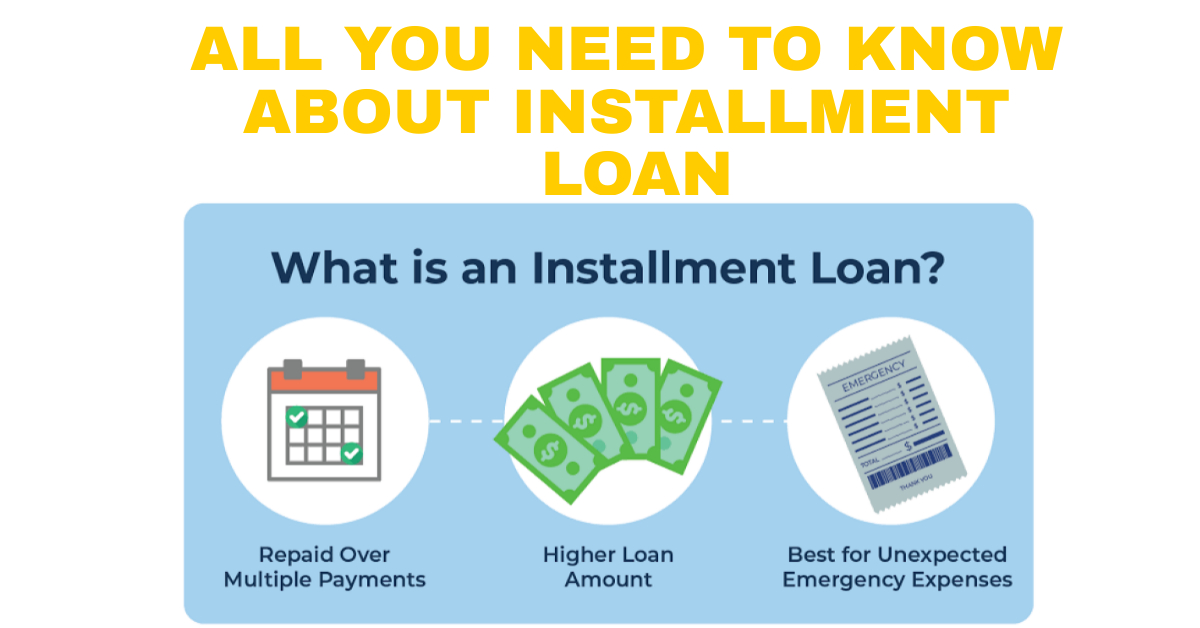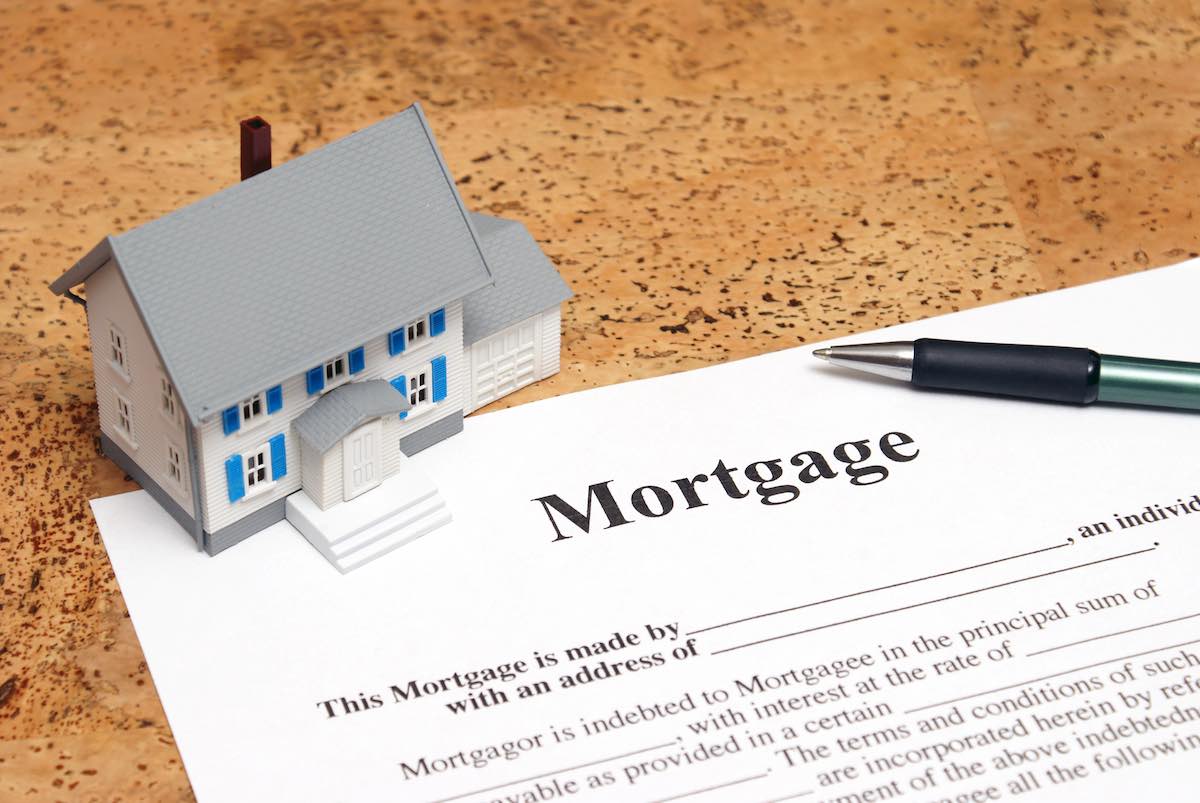Things You Need To Know Before Getting A Payday Loan
When you’re in a financial bind, it can be tempting to turn to a payday loan for quick cash. But before you do, there are some things you need to know. In this blog post, we’ll cover 25 things you should know before getting a payday loan, from the risks involved to alternatives to consider.
What are payday loans?
Payday loans are short-term unsecured loans that are typically used to cover unexpected expenses or to tide people over until their next payday. These loans are typically for small amounts of money, and they come with high-interest rates. Payday loans are typically due on the borrower’s next payday, and they must be repaid in full, including interest and fees.
Payday loans are a type of loan that must be repaid on the borrower’s next payday. These loans are typically for small amounts of money, and they come with high interest rates.
How do payday loans work?
Payday loans are a type of short-term loan that can help you cover expenses until your next payday. They typically range from $100 to $1,000 and must be repaid in full when you receive your next paycheck. Payday loans usually come with high interest rates and fees, which can make them difficult to repay.
If you’re considering taking out a payday loan, it’s important to understand how they work and what the potential risks are. This article will give you a quick overview of payday loans, including how they work and what to expect.
Reasons to use a Payday Loan
Have you ever found yourself in a situation where you needed cash fast but couldn’t get it from a traditional source? If so, you’re not alone. Many people have turned to payday loans in times of need. Here are four reasons why you might want to consider using a payday loan:
1. You need cash instantly: Unlike other loans, you can get cash from a payday loan within 24 hours.
2. You have bad credit: Payday loans are available to people with all types of credit.
3. You need a small amount of money: Payday loans can range from $100 to $1,000, depending on the lender.
4. You have a steady source of income: As long as you have a job or other regular source of income, you can qualify for a payday loan.
How to get a Payday Loan
A payday loan is a type of short-term loan that typically comes with high interest rates. These loans are generally used to tide people over until their next payday, hence the name. Payday loans can be helpful in a pinch, but they can also be very dangerous. If you can’t repay the loan on time, you may be faced with steep fees and penalties. And if you default on the loan, you could end up losing your car or your home.
Before you take out a payday loan, you should understand the risks involved. Make sure you can afford to repay the loan on time, and only borrow as much as you need. Payday loans can be helpful in a pinch, but they should be used with caution.
Pros and cons of Payday Loans
The pros include quick, short-term loans with a small interest rate. You don’t need to pay an origination fee or annual fee and you can use them for any purpose. You can even take out a second loan if needed. The cons include that many people default on their loans, making it difficult to pay them back in full at the end of the term. The APR (annual percentage rate) is extremely high on payday loans because they charge fees upfront, which increases your final payment amount unexpectedly. If you’re looking for another way to get money fast, consider our credit cards instead
The most important benefit of payday loans is that they can be used for small or emergency expenses, such as car repairs or home repairs. For other expenses, there’s typically a fee on your paycheck. These fees are technically not fees since they are not fully paid back at the end of each month, but rather an interest that accrues over the course of time.
The purpose of payday loans – The benefits of Payday Loans
The purpose of a payday loan is to help you manage your finances when you are low on cash. The idea is that you repay the money ahead of your next payday, which gets you out of debt. Some people prefer to use payday loans to help them pay rent or bills without having to borrow more money from friends and family. Other people will often use payday loans to pay for unexpected expenses like medical bills, cable bills, and even insurance claims.
Payday loans are short-term loans that allow you to have a financial boost rather than having to wait until your next paycheck arrives. Short-term loans are typically used for things like paying bills, buying groceries, or even covering unexpected expenses.
With this short-term cash advance, you can receive up to $500 right away. A payday loan can be the perfect solution if you are having a tough time meeting your financial goals and have only been able to do so until your next payday.
With a payday loan, you can borrow the money you need to cover your unexpected expenses. It is an advanced version of a cash advance unsecured loan. It helps you repay your loans quickly and deposit the money into the borrower’s bank account before they are due again.
The disadvantages of Payday Loans
The disadvantages of payday loans are that it is expensive and can put you deeper in debt. Also, if you do not pay back your loan on time it can leave you with small or no cash to buy what you need or want.
It’s important to know that a payday loan is just like any other loan. And with interest rates up to 40% per year, you’re going to have to make large monthly payments. The high cost of payday loans is a big factor why they’re known as “payday” loans. If you can’t pay your debt off right away, you will likely end up paying more in interest charges than the original amount of money that you borrowed.
You may not be able to get a new car or pay the rent. The truth is, once you take out a payday loan, it can be difficult to stop. And without limits on interest rates and fees, you’re bound to pay more than you intended.
One of the main disadvantages of payday loans is that it is considered expensive form of borrowing, and many people have to take out multiple payday loans to pay off the first.
How to choose a Payday Loan Lender
Choosing a payday loan lender can be overwhelming, but by following our tips and tools, you’ll be able to find your perfect lender. Our site takes the guesswork out of finding a good loan at the time you need one.
When you’re trying to find a payday loan lender, there are some things to keep in mind. First and foremost, you’ll want to make sure that the lender adheres to the legal requirements of your state. Choose a company with a good reputation in your area so you know they can help you get money when you need it most.
Selecting a payday loan lender is not difficult if you ask the right questions. The biggest challenge is finding out what your options are, rather than simply selecting one lender over another.
Payday Loan Lenders require borrowers to earn at least $1,000 a month and to provide the following:
- Home address
- Valid checking account number
- Driver’s license
- Social Security number
- A couple of pay stubs to verify employment, wages, and pay dates
Payday lenders often seek out locations in impoverished and minority neighborhoods.
How to repay a Payday Loan
Payday loans are short-term loans that allow borrowers to pay for expenses that are due in the next few months.
A payday loan is a relatively small amount of money that you borrow from a lender and repay on your next payday. The term of the loan is usually two weeks or less.
The borrower must have a job and earn at least $100 per month to qualify for a payday loan.
Payday loans are short-term loan options that can help people get cash quickly. Paying back a payday loan is easier than you think, but there are some things to consider before making a decision.
Paying back a payday loan starts with determining the amount of money needed to repay the loan. The lender should ask for proof of income or other documentation to make sure that the borrower can repay the loan on time.
Tips for avoiding Payday Loan traps
We are all humans, and we all make mistakes. We do not always have the money to pay for our needs. And when we do not have any other options, we may resort to borrowing from a payday loan company. But what happens when you get trapped in a cycle of paying back the loan with interest?
There are some ways to avoid getting into that situation in the first place. If you need money, there are alternatives that will not put you in a financial hole. Consider borrowing from family or friends, using your credit card or asking your employer for an advance on your paycheck.
The tips below are designed to help you avoid payday loan traps.
1. Make sure you can afford the monthly payments
2. Avoid borrowing more than you can afford to pay back
3. Know what the interest rates are and how they work
4. Consider alternative options like a credit union or family members
Payday Loans and your Credit score
Payday loans are short-term, high-interest loans that are typically due in a few weeks’ time. These loans are often used by people who cannot afford to wait until their next paycheck to pay for an emergency expense.
The interest rates on these types of loans can be as high as 500% and the amount that you can borrow is based on your income and the size of your paycheck. However, not all payday loan companies will approve your application for a loan, which is why it’s important to get pre-approved before you go looking for a loan provider.





